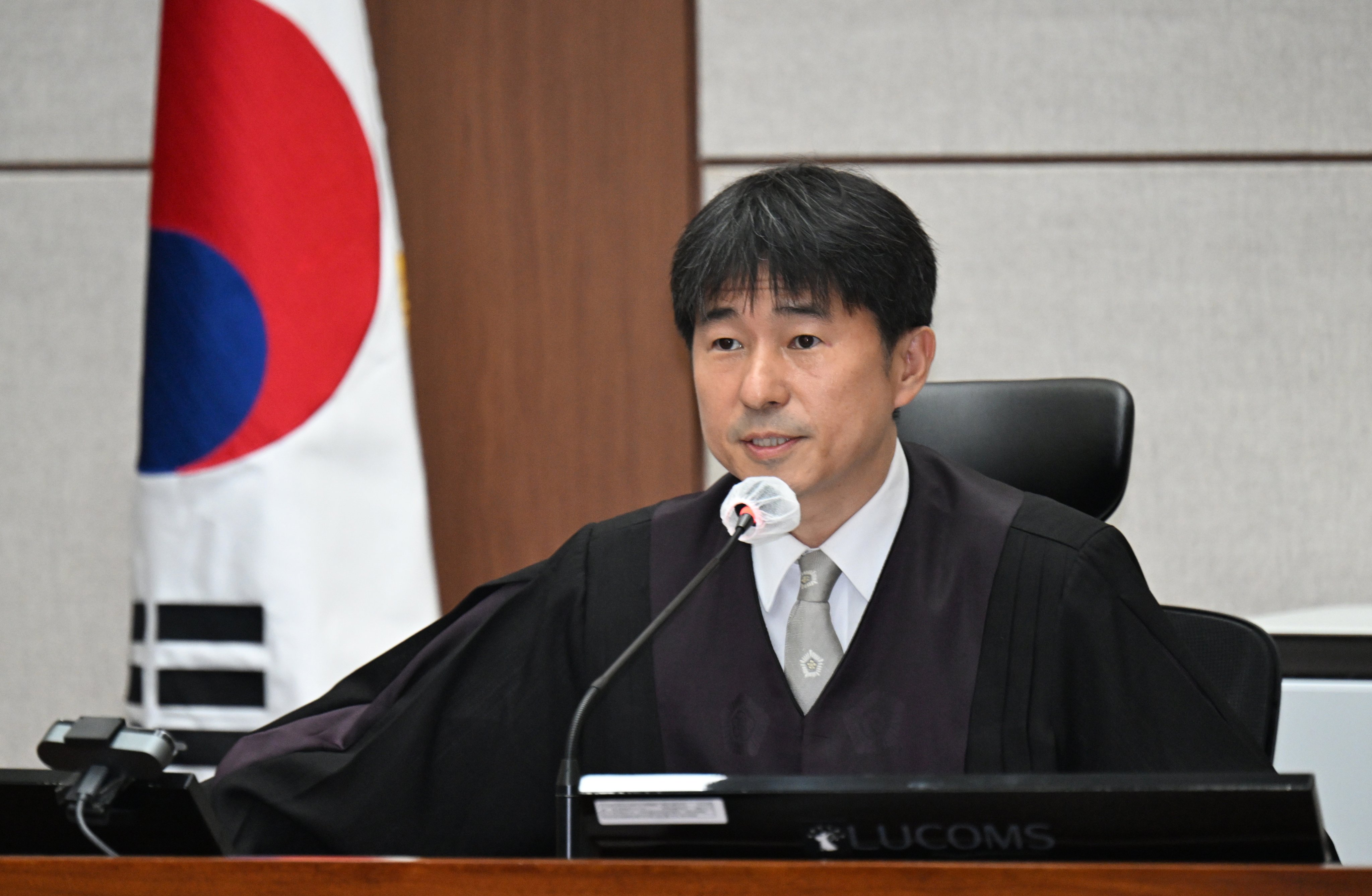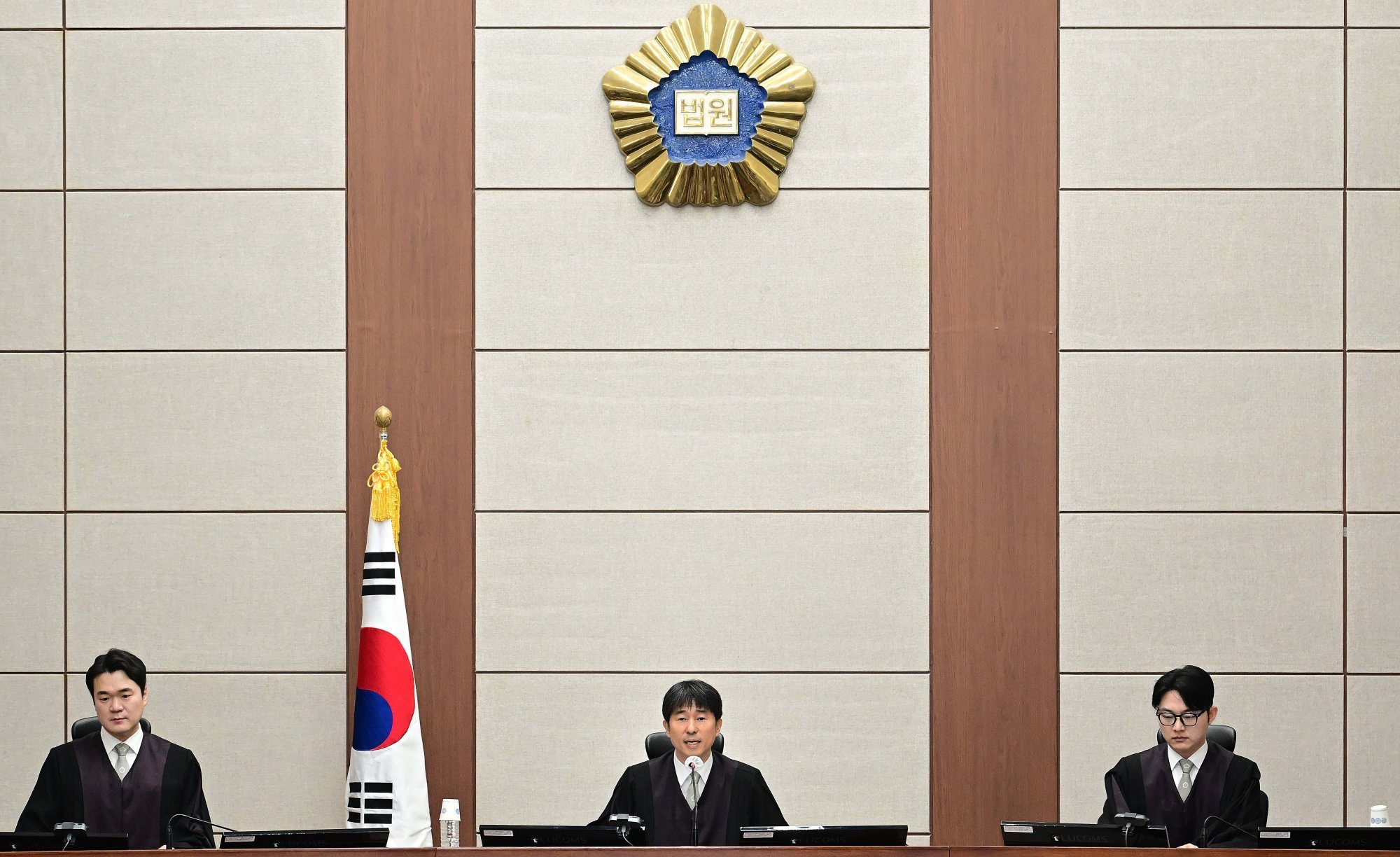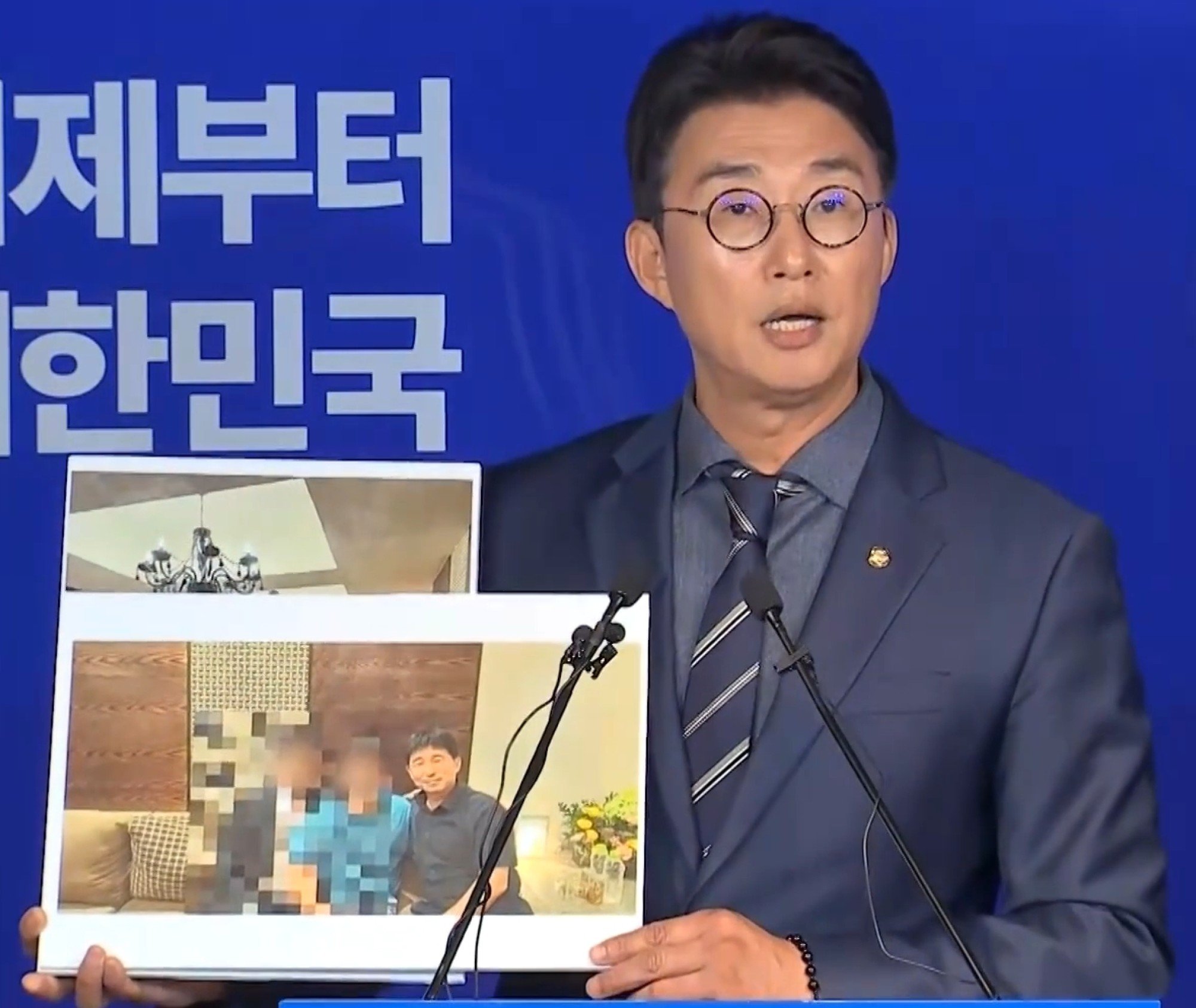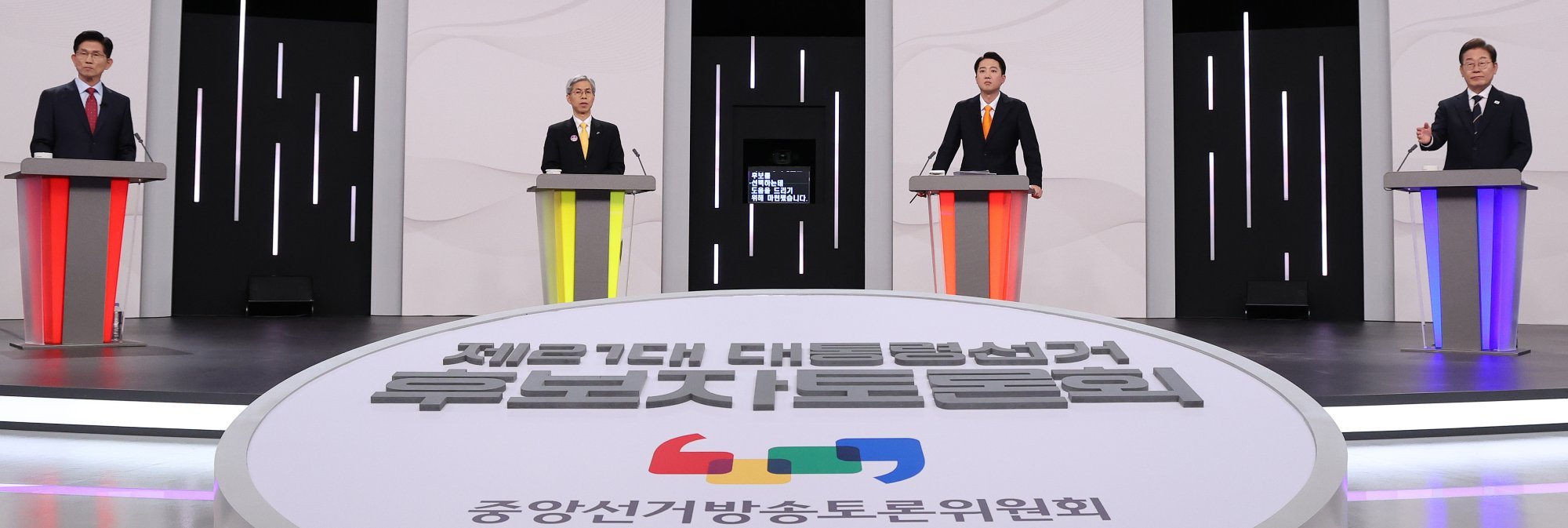South Korean martial law judge in hostess bar ethics row denies allegations
The judge who oversaw ex-president Yoon Suk-yeol’s martial law case is accused of frequenting high-end ‘room salons’ and receiving favours

The integrity of South Korea’s judiciary has come under scrutiny as the judge who presided over former president Yoon Suk-yeol’s martial law case faces allegations of unethical conduct.
Senior Judge Jee Kui-youn has been accused of frequenting high-end hostess bars and being entertained by individuals allegedly seeking favourable court rulings.
Jee leads the three-judge panel overseeing cases involving Yoon, former defence minister Kim Yong-hyun, and other military figures implicated in the botched December 3 attempt to impose martial law.
The allegations were raised by opposition lawmakers from the Democratic Party of Korea (DPK), which currently controls the National Assembly. Jee has flatly denied the accusations, but on Tuesday the Corruption Investigation Office for High-ranking Officials, the government’s anti-corruption agency, said it was looking into the case.
DPK presidential candidate Lee Jae-myung is widely expected to defeat conservative rival Kim Moon-soo, a former labour minister under Yoon, who is running on the ruling People Power Party’s ticket.

DPK lawmakers have accused Jee of being entertained multiple times at upscale hostess bars, locally known as “room salons”, by individuals with interests in court matters.
These establishments, infamous for providing sexual services alongside premium alcohol, are known to charge exorbitant fees.
Breaking with court norms that discourage public comments from sitting judges on politically charged matters, Jee addressed the allegations directly during a hearing on Yoon’s case on Monday. The former president is facing charges of insurrection.
“I am well aware that recent allegations against me have caused public concern. These claims are not true,” he said. “I decided to speak out because I believed that if I did not, the integrity of this trial itself could come into question … I have never even imagined being entertained in such places.”
He said that his idea of a night out was limited to a modest soju beer cocktail with pork belly, adding: “No one even buys me those.”
Jee further pledged to conduct a “prompt and fair” trial in accordance with the law.
Three photos released
The DPK quickly countered his denial, however, releasing three photos later that day.
One image shows Jee sitting with two male companions in a luxuriously partitioned private room at a known “room salon” in southern Seoul.
Although no hostesses are visible, another photo appears to show women drinking with other patrons in an adjacent open area, apparently waiting to be called in to the private rooms.
“We are releasing these photos to expose Judge Jee’s public lie,” DPK spokesman Noh Jong-myeon said on Monday. “It is time for him to take full responsibility. He must be dismissed immediately.”
The DPK alleged it had received a credible tip-off that Jee visited the establishment, where the cost per person reportedly ranges from 1 million to 2 million won (US$720 to US$1,440), on a number of occasions.
“And not once did the judge pay,” DPK lawmaker Kim Yong-min said, suggesting the alleged freebies could amount to bribery or at least violate South Korea’s anti-corruption laws prohibiting improper solicitations.

The party has called on the Supreme Court to suspend Jee amid the allegations, which surfaced ahead of the June 3 snap presidential election triggered by Yoon’s impeachment.
“Public trust in the judiciary depends not only on fair verdicts but also on the assurance that corrupt judges are removed from the bench,” Kim said.
“We need to find out who paid for the entertainment and why this particular trial is proceeding in such an abnormal fashion.”
Jee has faced growing criticism from the DPK ever since he released Yoon from pre-trial detention on procedural grounds on March 8.
He has also been accused of granting Yoon preferential treatment, including initially allowing him to access the courtroom via an underground entrance to avoid media scrutiny. That decision was later reversed following public and media backlash.
Jee also initially decided to hold closed-door hearings for Yoon’s co-defendants – Kim Yong-hyun and other military leaders – citing national security concerns.
He has since pledged to stop the use of closed sessions amid mounting pressure for transparency.
In response to the scandal, Supreme Court Administrator Chun Dae-yeop said: “It’s something I can’t even imagine, so it’s difficult to give an answer right now. I will look into the matter and review it.”
DPK lawmaker Park Ju-min questioned if Jee could remain impartial, alleging that prosecutors and police loyal to Yoon might be using the judge’s alleged past misconduct to influence the trial.
“This raises serious concerns about the fairness of the proceedings,” Park said.
Jhee Byong-kuen, a political-science professor at Chosun University, warned the controversy could further erode public faith in the country’s legal institutions.
“Many people may now suspect that court decisions are influenced by behind-the-scenes dealings,” Jhee told This Week in Asia. “This incident could add momentum to demands for comprehensive judicial and prosecutorial reform.”
Criticism of the judiciary was already mounting following a controversial Supreme Court decision earlier this month.
The court, whose 12-member bench includes several Yoon appointees, overturned Lee Jae-myung’s appeal court acquittal related to a campaign-period misstatement and ordered a retrial – raising concerns that the ruling was politically motivated to derail Lee’s candidacy.

The Supreme Court has denied any bias, defending the ruling as routine and legally sound.
Nevertheless, the DPK has included sweeping judicial reforms in its election platform.
Proposed changes include expanding the number of Supreme Court justices and reducing the prosecution’s powers – moves aimed at increasing oversight and preventing political interference in the justice system.